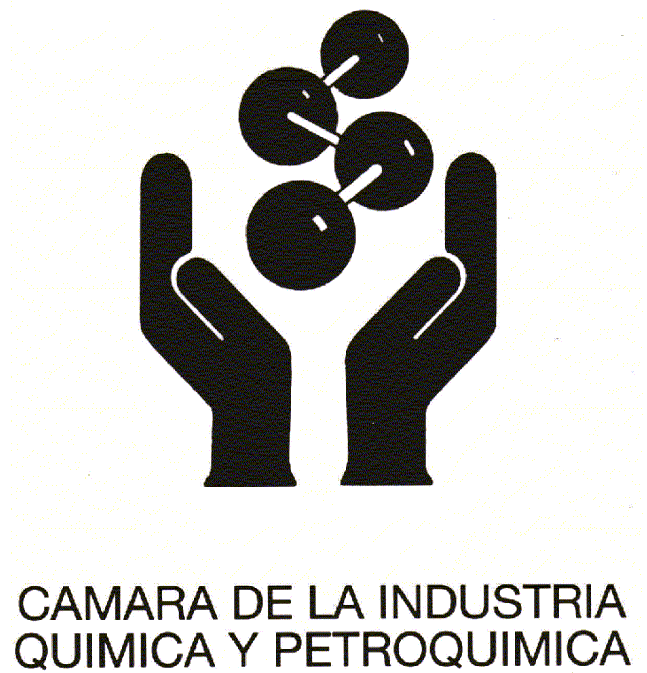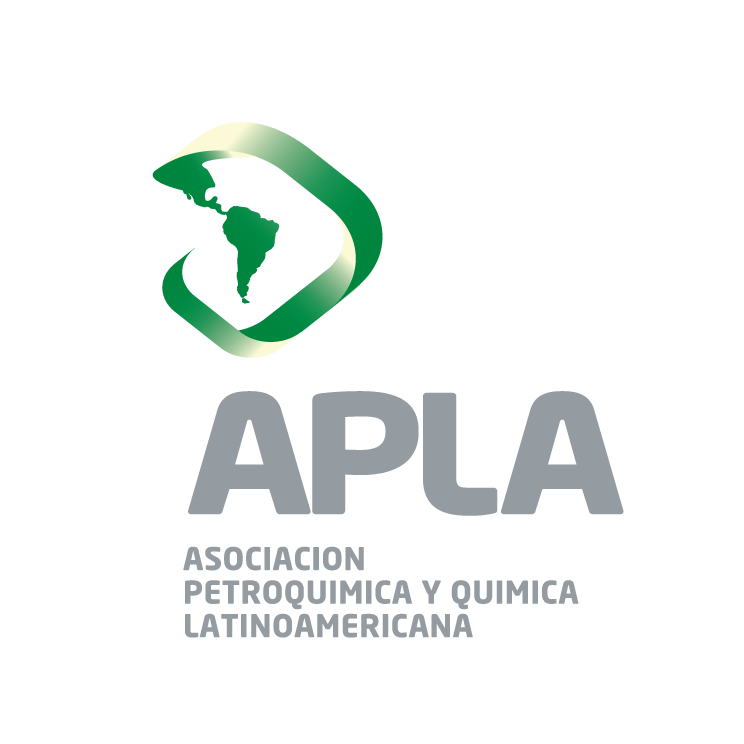| |||||||||||||||||||||||||||||||||||||||||||||||
| |||||||||||||||||||||||||||||||||||||||||||||||
|
||||||||||
|
AAIQ / CSPQ | ||||||||||
  |
||||||||||
|
| ||||||||||

| ||||||||||
  | ||||||||||
|
Asociación Argentina de Ingenieros
Químicos Maipú 726 1P of:4 (C1006ACJ) Ciudad de Buenos Aires - Argentina Tel :TE/FAX +54 11 4326-0089 E-Mail : info@aaiq.org.ar |
AAIQ es miembro de las siguientes instituciones:
* Confederación General de Profesionales de la Republica Argentina - CGP * Confederación Interamericana de Ingenieros Químicos - CIIQ * Instituto Petroquímico Argentino IPA |